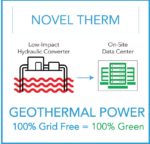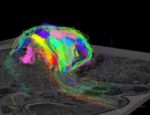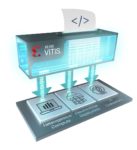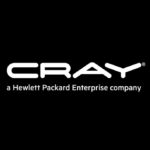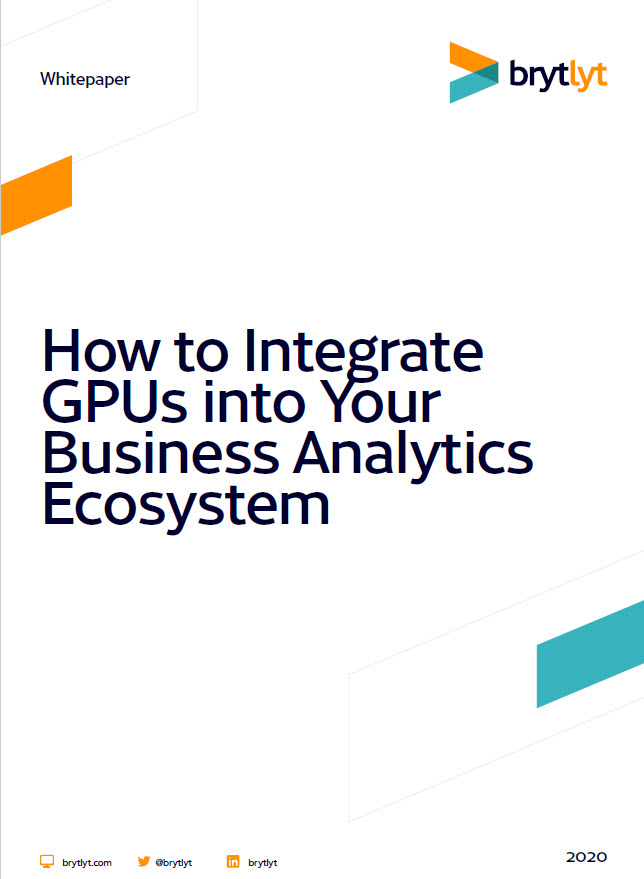Jonathan Baker from the University of Chicago gave this talk at the Argonne Training Program on Extreme-Scale Computing. “Jonathan is studying quantum architectures, specifically how to map quantum algorithms more efficiently to near term devices. Additionally, he is interested in multivalued logic and taking advantage of quantum computing’s natural access to higher order states and using these states to make computation more efficient.”
Video: Large scale industrial simulations using HPC at Rolls-Royce
Leigh Lapworth from Rolls-Royce gave this talk at m Computing Systems Week Edinburgh 2019. “Simulation and modeling, enabled by high performance computing, have transformed the way Rolls-Royce designs and engineers its products. Every advance in computing power unlocks the power to do more with simulation and modeling whether this is larger models to give higher fidelity; or, higher throughput of models to explore a larger part of the design space.”
A64fx: A Game Changing, HPC / AI Optimized Arm CPU for Exascale
Satoshi Matsuoka from Riken gave this talk at Linaro Connect 2019. “Fugaku is the flagship next generation national supercomputer being developed by Riken R-CCS and Fujitsu in collaboration. Fugaku will have hyperscale datacenter class resource in a single exascale machine, with more than 150,000 nodes of sever-class Fujitsu A64fx many-core Arm CPUs with the new SVE (Scalable Vector Extension) with low precision math for the first time in the world, accelerating both HPC and AI workloads, augmented with HBM2 memory paired with each CPU, exhibiting nearly a Terabyte/s memory bandwidth for both HPC and AI rapid data movements.”
Powering Datacenters with Earth’s Molten Core: A Practical Guide
Dan Olds from OrionX.net gave this talk at the UK HPC Conference. “Novel Therm’s enhanced Stirling Engine can turn warm water geothermal into megawatts of electricity. This 100% green solution provides a very low PUE (1.03-1.05) and significantly lower costs than alternative co-location, IaaS solutions. This session will look at the technical side of warm-water geothermal energy and how this innovative company will be using it to power data centers.”
AMD to Power Cray’s ARCHER2 Supercomputer in the UK
Following a procurement exercise, UK Research and Innovation (UKRI) are pleased to announce that Cray, an HPE company, has been awarded the contract to supply the hardware for the next national supercomputer, ARCHER2. Powered by AMD EPYC processors, ARCHER2 will be deployed at the University of Edinburgh. “Needless to say, ARCHER2 represents a significant step forwards in capability for the UK science community, with the system expected to sit among the fastest fully general purpose (CPU only) systems when it comes into service in May 2020.”
Lenovo and Intel Power Data-Intensive Science at the Flatiron Institute
Today Lenovo and Intel revealed how their collaboration on joint technology solutions that accelerate the convergence of HPC and AI are helping scientists at the Flatiron Institute solve scientific challenges in entirely new ways. “Seeing some of the greatest minds rely upon our technology to discover answers for some of humanity’s most pressing questions is rewarding. But pushing the boundaries of HPC and AI capabilities even further so more people can benefit is what drives us.”
Use Cases for HPC in the Cloud
In this special guest feature, Robert Roe from Scientific Computing World looks at use cases for cloud technology in HPC. “In previous years there have been some concerns around security or the cost of moving data to and from the cloud, but these reservations are slowly being eroded as more users see value in developing a cloud infrastructure as part of their HPC resource.”
Vitis Unified Software Platform to make FPGA Programming Accessible for All Developers
Since their beginnings, FPGA’s have been notorious for being hard to program. That could be changing with the new Vitis Unified Software Platform from Xilinx.n“Xilinx has created a singular environment that enables programmers and engineers from all disciplines to co-develop and optimize both their hardware and software, using the tools and frameworks they already know and understand. This means that they can adapt their hardware architecture to their application without the need for new silicon.”
HPE Completes Acquisition of Cray
Today HPE today announced it has completed the acquisition of supercomputing leader Cray Inc., earlier than the original target date. “Cray and HPE have a shared vision for the new exascale era, and by joining forces, we’re offering the promise of Cray’s technology to an expanded market with the opportunity to leverage HPE’s breadth, scale and innovation to bring supercomputing to the enterprise.”
2nd Generation AMD EPYC Processors: The New Standard for the Modern Data Center
Andy Parma from AMD gave this talk at the HPC User Forum. “2nd Gen AMD EPYC processors are a new breed of server processors which sets a higher standard for data centers. Groundbreaking design makes AMD EPYC #1 in performance across industry standard benchmarks1, holding 80 world records to date.9. Performance you can count on to propel your modern data center workloads.”




